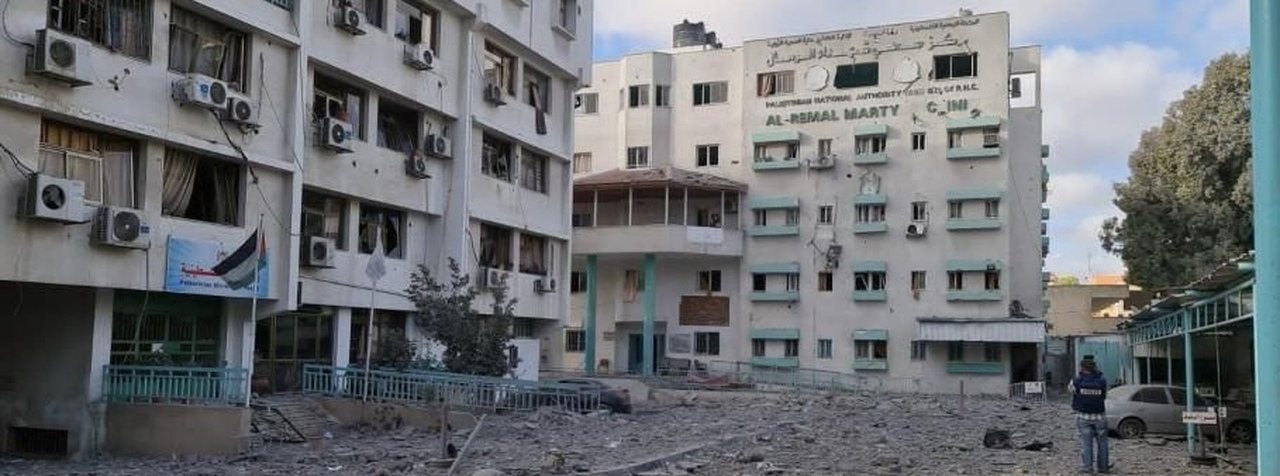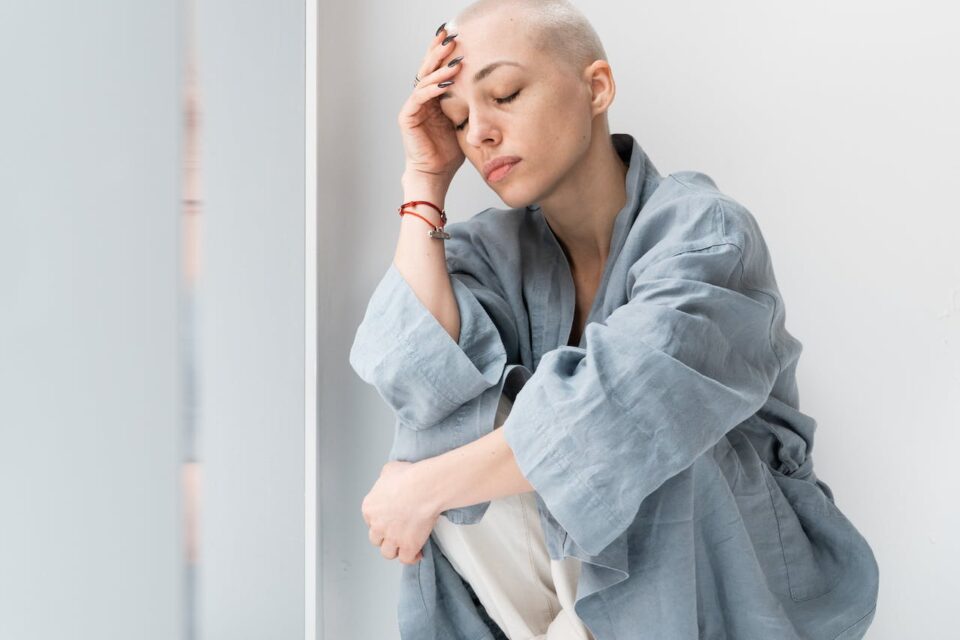No matter what side you are on in a war, diabetes is going to be much harder on you than ever before! I remember about a year ago, reading about ground-breaking Israeli scientists being on the edge of curing Type 1 diabetes with an artificial pancreas. Since the war began, I am unable to find anymore information in regards to this. Thus, the whole world is being affected in this regard as well as in a myriad of other ways.

Silent Victims of War: The Struggle of Diabetes in Gaza
21 Nov 2023, 10:14 a.m. in Global Stories by Mohammed Seyam
While physically in London, my heart and soul are with my family and peers in Gaza.
The humanitarian crisis in Gaza is putting an extra burden on the already fragile state of diabetes management for all people with diabetes in the Strip. I had witnessed the situation myself many times before and contacted friends living with diabetes and healthcare professionals. I can assure you that people are suffering.
Living with diabetes in Gaza is challenging by itself during “Peace” times with limited access to education and supplies. With the humanitarian crisis and war, people with diabetes can’t manage their condition. Many friends of mine reported their inability to get insulin even in The United Nations Relief and Works Agency for Palestine Refugees in the Near East, (known as UNRWA) shelters, where primary healthcare is provided for those in need. They have already started rationing their doses to have their insulin last a few extra days. For those who do get their hands on insulin in the shelters, it is usually not the type they regularly use. They report worse blood glucose levels due to the inability to adjust doses and limited glucose test strips. Access to food and water is a problem of its own as they hardly find water to drink – not to mention its need during hyperglycemia management – or even food to take their insulin regularly.
On the healthcare side, people with diabetes are not getting proper treatment in emergency rooms with the number of mass casualties the staff deals with every day, and doctors are now reporting that they are unable to fulfil the basic and simple needs of NCD (non-communicable diseases, like diabetes or other autoimmune diseases) patients due to the crisis. A patient with type 1 diabetes could lose their life if they went into a diabetic ketoacidosis (DKA) episode with no available ICU (intensive care unit) beds in the remaining running hospitals. 117 healthcare facilities have been targeted. With 22 out of 38 hospitals now non-operational, the healthcare system has officially collapsed. Not to mention, people with any health condition do not have the ability to visit primary healthcare clinics to get medications or seek a doctor’s consultation. UNRWA has already reported the scarcity of resources and their inability to keep up with a large number of refugees from the north, and those numbers include people living with diabetes whose needs are yet to be provided.
I have been keeping in touch with doctors, UNRWA personnel, and people living with diabetes to provide any means of support, from documents to educational materials on how to manage different types of insulin. There is an urgent need for all types of insulin (Rapid-acting, Regular, long-acting, and pre-mixed), glucometers, strips, and tablet medications. Recently, a close friend living with diabetes told me that he had not checked his blood glucose levels in three days, and he is forced to ration his insulin amidst the ongoing catastrophic events. Most importantly, aid needs to be able to reach those in need and have safe spaces for distribution. Without a ceasefire, this is nearly impossible. Many organisations have said that they have supplies and support ready, but they are simply waiting at Egypt’s border to be able to enter with their cargo safely.
The ongoing catastrophe has paralysed the healthcare system and every aspect of life in Gaza, leaving people living with diabetes at a critical crossroads with their stress, fear, inability to sleep and the scarcity of diabetes supplies. It is the responsibility of the international community to step up and support the needs of Gazans. Access to health care is a human right, and we share the responsibility to advocate and take action.
T1International, the Middle East and North Africa (MENA) #insulin4all Chapter and the Diabetes Humanitarian Aid Coalition are calling for world leaders to take action and support people with diabetes. No matter where you are in the world, you can write to your political leaders and ask them to support the needs of people with diabetes in crisis.

